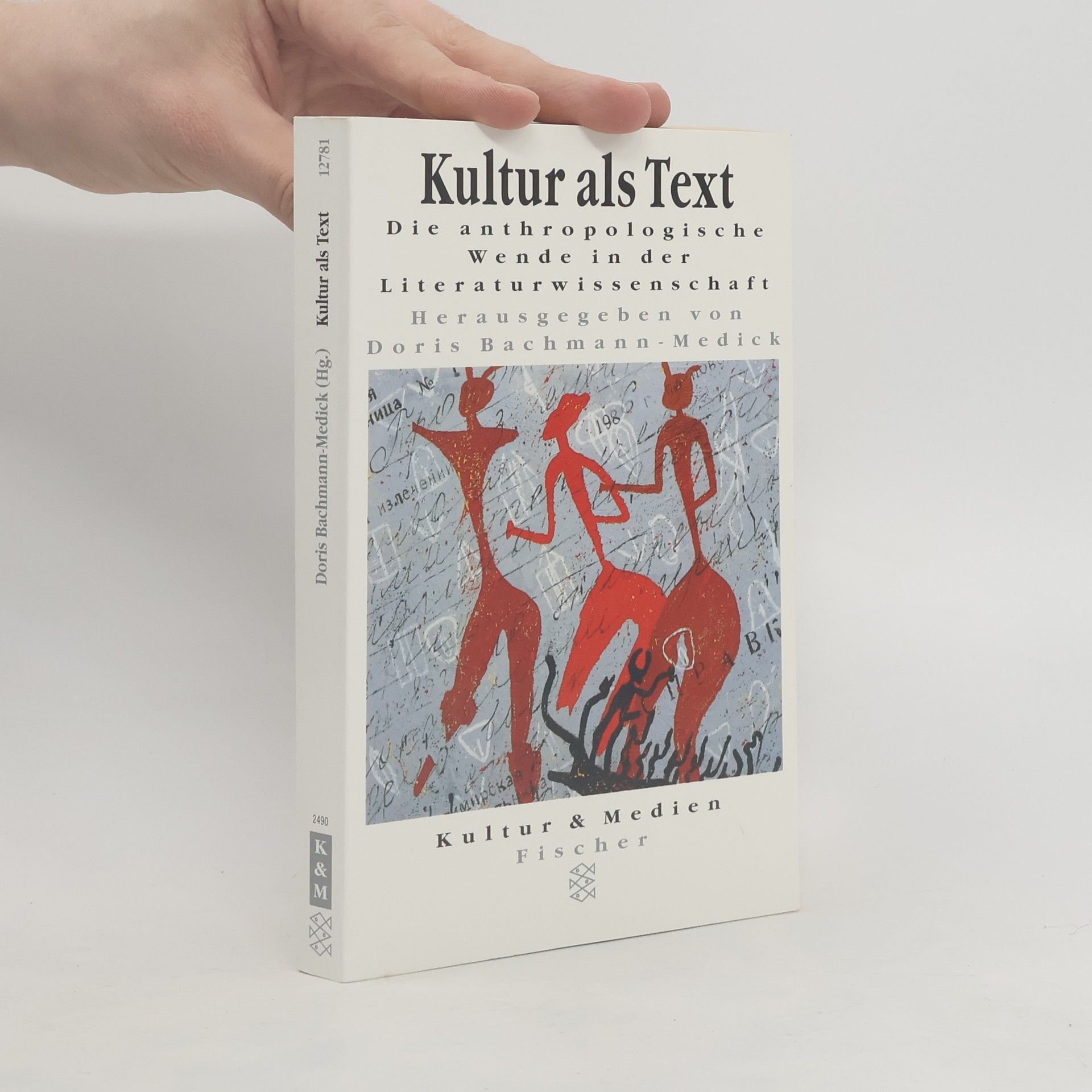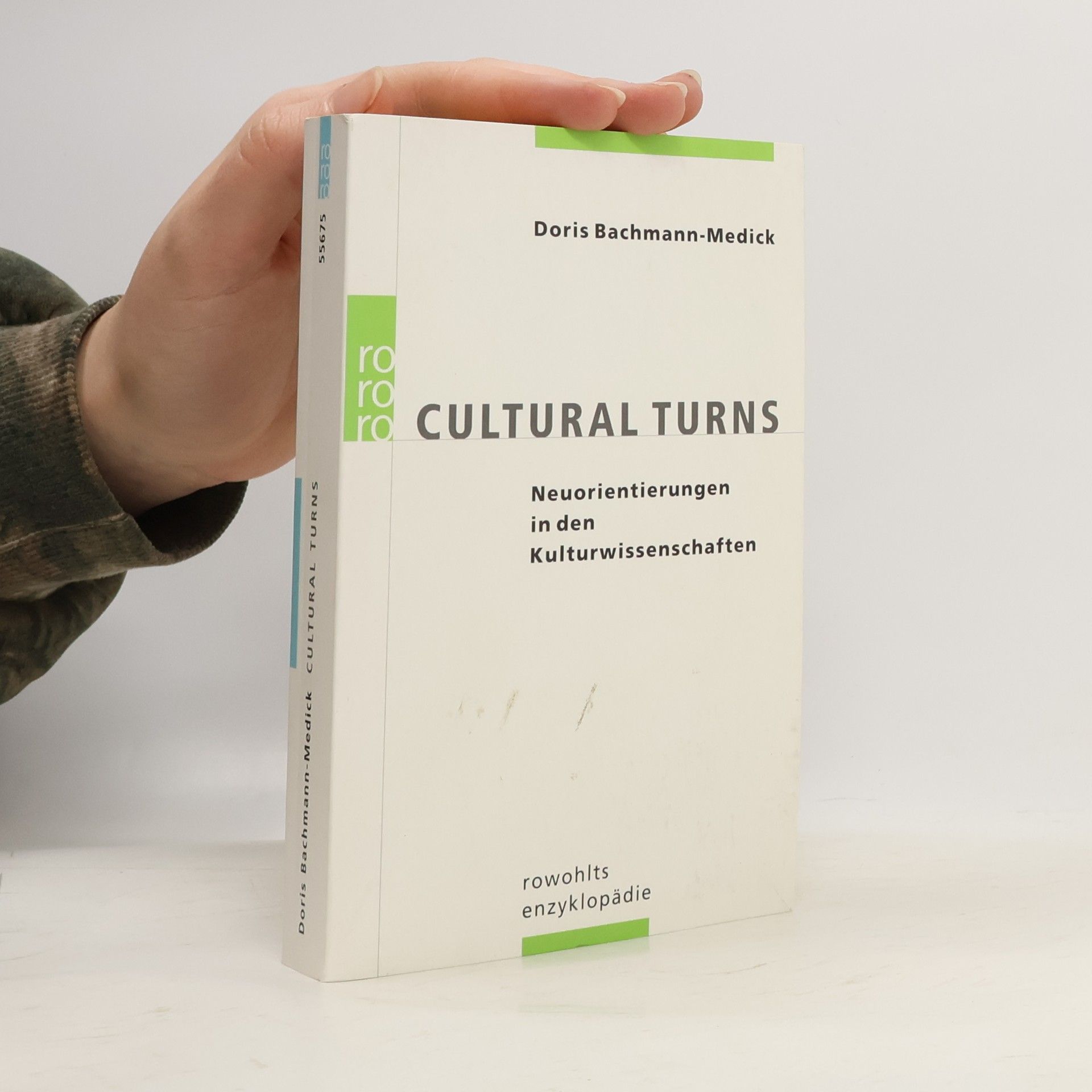Die gegenwärtigen Kulturwissenschaften bilden eine ausgeprägte Theorie- und Forschungslandschaft. Ihre Dynamik entspringt vor allem dem Spannungsfeld wechselnder «cultural turns» quer durch die Disziplinen: - interpretive turn - performative turn, - reflexive turn/literary turn, - postcolonial turn, - translational turn, - spatial turn, - iconic turn. Der Band stellt diese «Wenden» in ihren systematischen Fragestellungen, Erkenntnisumbrüchen sowie Wechselbeziehungen vor und zeigt ihre Anwendung in konkreten Forschungsfeldern. Damit wird eine «Kartierung» der neueren Kulturwissenschaften geleistet und zugleich ein umfassender Überblick über ihre Entwicklungen und Ausrichtungen geboten - mit einer Fülle verarbeiteter internationaler Forschungsliteratur.
Doris Bachmann Livres
8 septembre 1952


Die Dringlichkeit, das Visier zu öffnen und die Grenzen des Fachs zu überschreiten, hat sich in den letzten Jahren in nahezu allen geisteswissenschaftlichen Disziplinen erwiesen. Auch die Literaturwissenschaft begibt sich inzwischen, im Gefolge der „Cultural Studies“, auf den Weg zu neuen Gegenstandsbestimmungen, insbesondere im Rahmen ihrer Auseinandersetzung mit Erkenntnissen der Anthropologie und der Ethnologie. Die in diesem Band versammelten Studien dokumentieren für deutsche Leser die Herausforderung der traditionellen Textwissenschaft durch einen erweiterten Kulturbegriff sowie den Wandel ihrer Fragestellungen, der eine kulturwissenschaftliche „Wende“ ihrer gebräuchlichen Methoden und Deutungsmuster nach sich zieht.